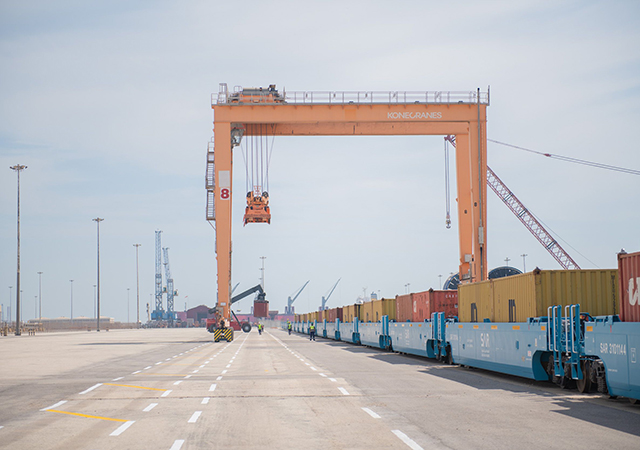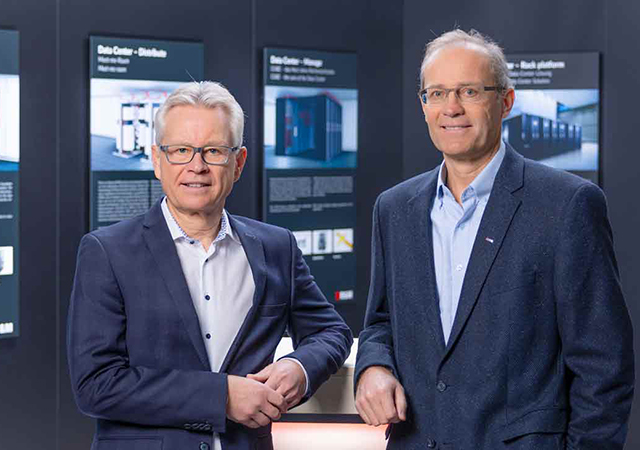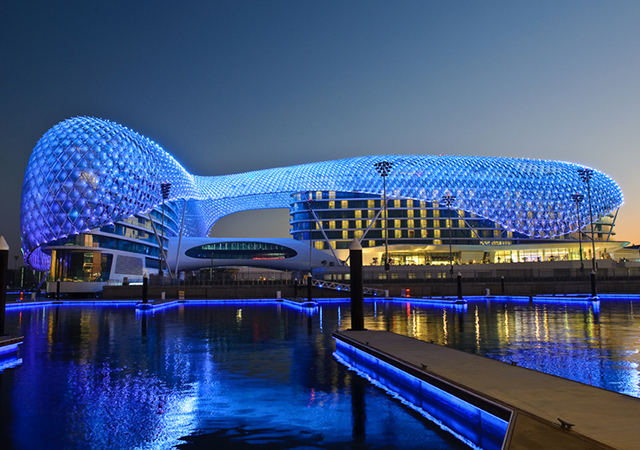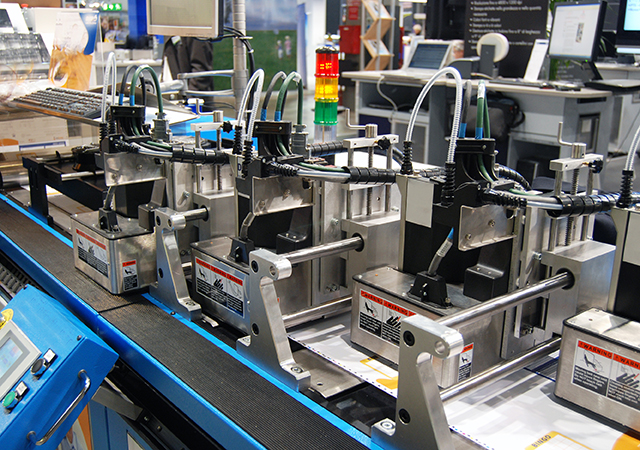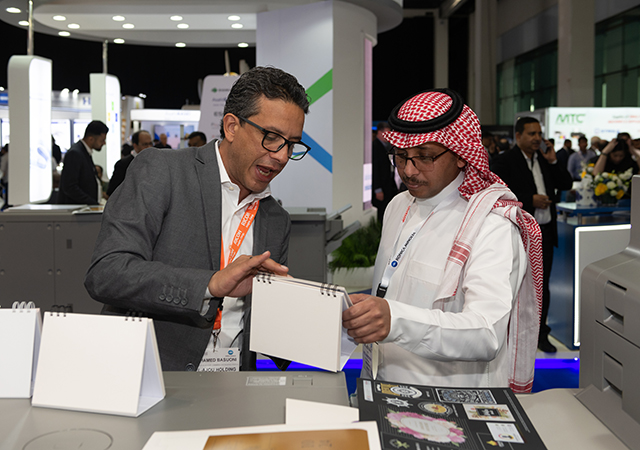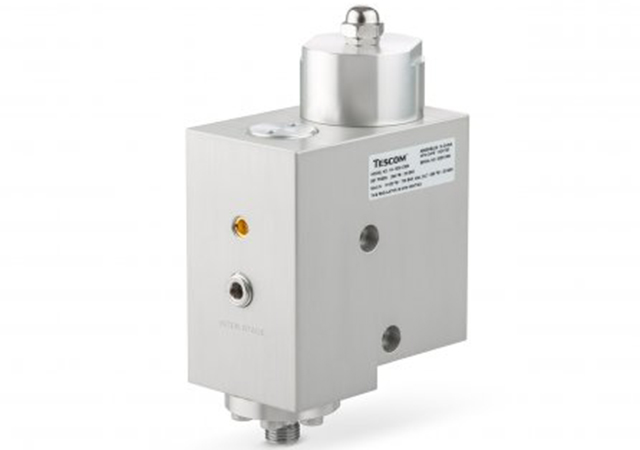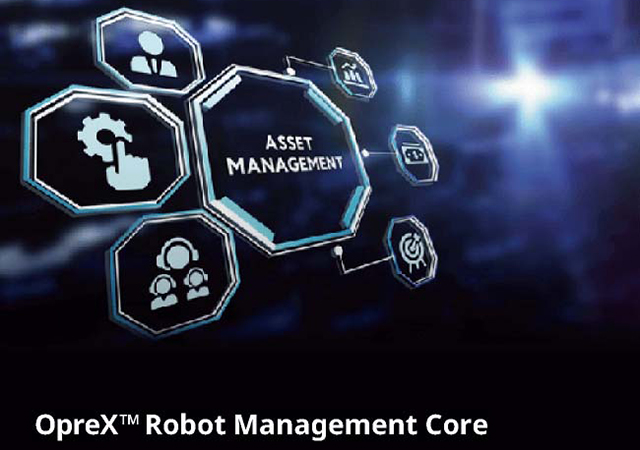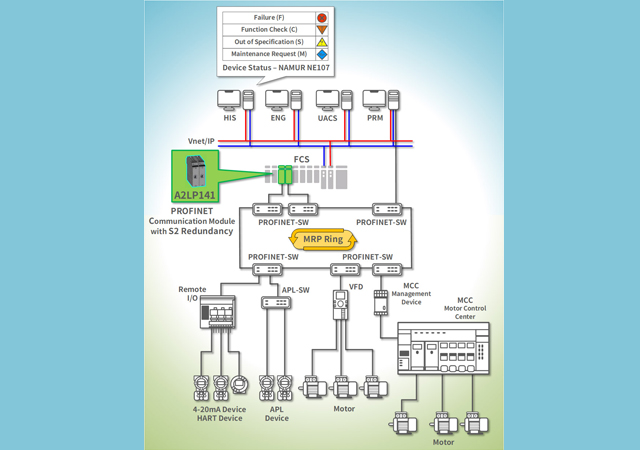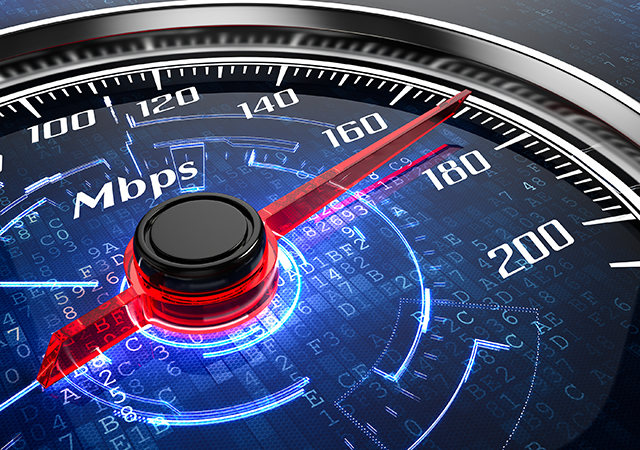
 Leading industry giants attending a key debate at the Dubai event
Leading industry giants attending a key debate at the Dubai event
The maritime industry is today on the cusp of a technology revolution and will witness significant transformation over the next decade. Already, some of these changes have started to take hold, said global shipping experts at the recent Seatrade Maritime Middle East 2018 (SMME 2018) held in Dubai.
Today we see increased automation onboard vessels with more systems connected to shore-based operations, they stated.
“Smart technology holds immense potential to accelerate and enhance the future of the maritime industry. However, despite a range of benefits, the application of these technologies to shipping processes poses several challenges,” stated Chris Hayman, chairman of Seatrade.
The impact of the rapid evolution of smart technology is becoming increasingly evident in the maritime industry, with new technologies up to and including unmanned vessels and autonomous logistics operations set to transform the way people and goods are being moved around, he stated.
 |
|
Brandy: access to onboard connectivity is about empowering people |
With Fourth Industrial Revolution technologies and big data driving radical new solutions in the transformation to intelligent ships, there is no questioning smart shipping’s capability to redefine the fundamentals of shipping operations.
A key highlight was the introduction of a new concept to the region - Motion: “This House believes that the shipping industry is not ready to embrace smart shipping,” following the format of a Parliamentary Debate, on the opening day.
It brought together five leading figures from the regional shipping industry and from around the world to discuss fundamental questions such as what does the industry seek to achieve through capitalising on new technologies; how real are the efficiencies they offer and what regulatory framework amendments would be needed prior to implementation.
Keeping pace with these developments, the Seatrade Parliamentary Debate examined the readiness of the regional shipping sector in incorporating smart technologies, and ways to navigate its associated challenges.
Khalid Hashim, managing director, Precious Shipping; Ali Shehab Ahmad, deputy CEO, Kuwait Oil Tanker Company (KOTC); and Captain David Stockley, COO, Oman Ship Management Company spoke for the motion.
While René Kofod-Olsen, CEO, Topaz Energy and Marine and Oskar Levander, SVP Concepts and Innovation, Rolls-Royce Marine believed that shipping industry was indeed ready to embrace smart shipping.
 |
Ben Soussia: calling upon companies to strike the right balance |
Smart Shipping, they stated, has the potential to transform the fundamentals of ship operation, with digital technology and big data driving radical new solutions up to and including autonomous ships. The debate was chaired by Jasamin Fichte, the managing partner, Fichte & Company.
The three-day maritime event also saw the issues of cybersecurity dominating the narrative in the increasingly technology-dependent global maritime industry especially in light of the costly, growing attacks targeting major international shipping companies.
The experts highlighted the nature of known cyber threats, their serious impact on the maritime community, the risk factors involved, and effective measures combatting the evolving cybercrimes.
Following the International Maritime Bureau’s warning that shipping is becoming the ‘next playground for hackers,’ the stakeholders and senior executives from all over the world have taken up the issue seriously and are deliberating on ways to curb the menace.
Another big takeaway from the opening day was the spotlight on the maritime’s original intelligence - the seafarers. Leading industry giants discussed the ship-to-shore connectivity and its impact on crew wellness and business productivity during a key debate at the Dubai event.
IEC Telecom, one of the leading global providers of managed network communication solutions along with Inmarsat, a pioneer of mobile satellite communications, led a panel discussion ‘The Navigating Connectivity While at Sea’ at Seatrade Maritime Middle East.
With over 90 per cent of worldwide trade served by the maritime market, vessels at sea rely on broadband connectivity and VSAT technology to stay in touch with operations on land, increase work productivity and improve the quality of life for seafarers that are the backbone of the maritime industry.
“Access to onboard connectivity is increasingly becoming a deciding factor in whether young and talented individuals want to spend their lives at sea, and whether shipping companies are able to retain experienced and high qualified seafarers,” said Drew Brandy, senior VP Market Strategy at Inmarsat Maritime. “The benefits of equipping crew extend far beyond social media, this is about empowering people to be more efficient and better employees,” he stated.
Nabil Ben Soussia, the managing director at IEC Telecom Middle East, called upon companies to strike the right balance between meeting corporate goals and maintaining crew welfare for operational efficiency and cost-effectiveness.
With no fundamental technology or financial barriers to connectivity at sea, and with innovations in technology propelling a networked economy on land, it is becoming easier to ensure connectivity at sea. Yet, businesses are quite reluctant to provide open access to crews on account of fear of increased and high running costs, large file downloads and overall work disruption, he pointed out.
“Maritime companies today acknowledge that onboard connectivity is linked directly to seafarer welfare as well as business productivity. As such, the challenge is to balance the two well while maintaining budgetary control at all times. Our solutions like OneGate Maritime are designed to meet all of these requirements,” added Ben Soussia.
Captain Büyüktelli, Marine Superintendent, Mercan Group – Chemical Tanker Operator presented the benefits of unlimited internet access to ship management with insights from end-users on different challenges and opportunities.
With thousands of merchant ships crossing the oceans and millions of cargo containers in tow, Captain Büyüktelli explained the need for fast and efficient communications aboard vessels and between land and sea.



